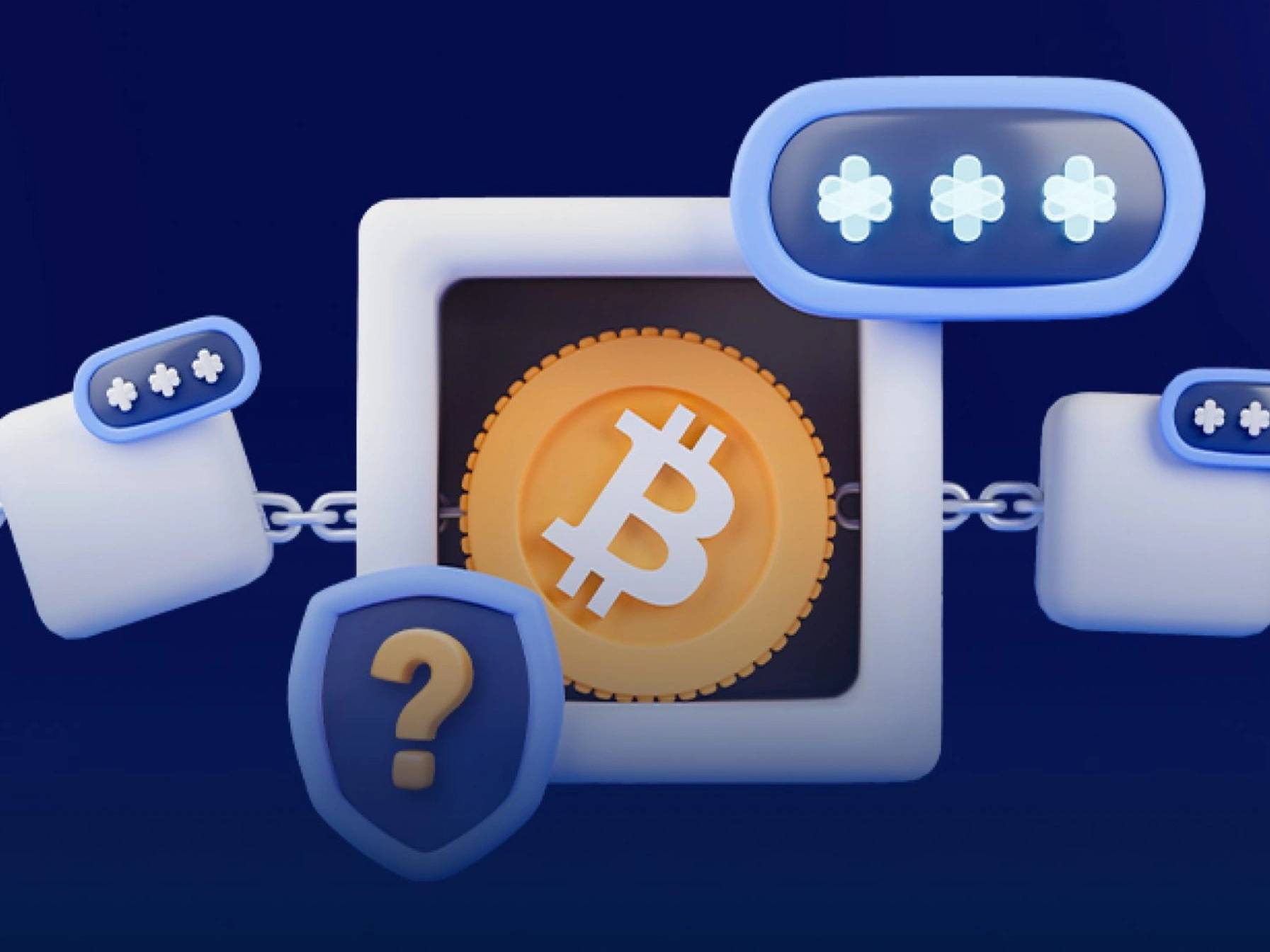Zero-Knowledge Proof (ZKP)
Zero-knowledge proof (ZKP) is a cryptographic tool that allows one party (the prover) to convince another party (the verifier) of the validity of a statement without revealing any additional information beyond the truth of the statement itself. ZKPs are mathematical puzzles that prove the receiving party is genuine when solved correctly. This makes it a valuable tool for protecting individual privacy and enhancing security in various applications.[1]
Overview
A proof of knowledge is a cryptographic proof in which a "prover" convinces a "verifier" that it knows some information. The prover is the entity or program that creates the cryptographic proof. The verifier is the entity or program that checks the proof's contents. A proof of knowledge has two fundamental characteristics, completeness and soundness and the key difference between a proof of knowledge (PoK) and a zero-knowledge proof (ZKP) is zero-knowledge. If a statement is true, then the verifier learns nothing more from the prover other than that the statement is true.[8][12]
The concept of ZPK was introduced in 1985 by Shafi Goldwasser, Silvio Micali, and Charles Rackoff in their paper “The Knowledge Complexity of Interactive Proof-Systems.”[12]
The prover could prove that he/she knows the value X to the verifier without any information other than the fact that he/she knows the value X. The main essence behind this concept is to prove possession of knowledge without revealing it. The primary challenge here is to show the knowledge of value X without saying what X is or any other info.[2]
Zero-knowledge proofs (ZKPs) are paradoxical concepts that hold significant potential for applications in various fields, including cryptography, blockchain technology, and privacy-preserving systems.
Type of Zero-Knowledge Proofs
There are several types of ZKPs, each with its own strengths and weaknesses. Some of the most common types include:
- Interactive ZKPs: These involve a series of challenges and responses between the prover and the verifier.[4][5]
- Non-interactive ZKPs: These require only a single message from the prover to the verifier.[5][6]
- Sigma protocols: These are a specific type of ZKPs known for their efficiency and versatility.[7]
- ZK-SNARKs: These are non-interactive ZKPs that are particularly efficient and can be used to prove statements about the validity of computations. [9][8]
- ZK-STARKs: These are non-interactive ZKPs that offer even greater efficiency than ZK-SNARKs but are more complex to construct.[10][8]
Potential Applications of Zero-Knowledge Proofs
ZKPs have a wide range of potential applications, including:
- Privacy-preserving authentication: Users can prove their identity to a website or service without revealing their personal information.
- Secure voting: Voters can prove they are eligible to vote without revealing their identity or their vote.
- Anonymous credentials: Users can obtain and use credentials without revealing their identity.
- Blockchain scalability: ZKPs can be used to verify transactions without revealing the underlying data, reducing the amount of data stored on the blockchain and improving scalability.
- Zero-knowledge proofs of knowledge: These can be used to prove possession of certain knowledge without revealing the knowledge itself.
Key Properties of ZKPs
- Completeness: If the statement is true and the prover follows the protocol correctly, the verifier will always be convinced.
- Soundness: If the statement is false, no cheating prover can convince the verifier with a probability greater than a negligible value.
- Zero-knowledge: The verifier learns nothing more than the validity of the statement.
Examples
- Schnorr signature: A cryptographic signature scheme that allows users to prove they own a private key without revealing the key itself. An algorithm leveraging elliptic curve cryptography known for its simplicity, the Schnorr signature was proposed to be included in Bitcoin’s technology roadmap as an upgrade from the Elliptic Curve Digital Signature Algorithm (ECDSA). Schnorr is often touted for its simplicity, provable security, and linearity. As Schnorr requires fewer computations than ECDSA, it’s considered suitable for cryptocurrency transactions.[11]
- ZK-SNARKs: A type of non-interactive ZKP that uses advanced cryptography to prove complex statements efficiently. The acronym ZK-SNARK stands for Zero-Knowledge Succinct Non-Interactive Argument of Knowledge and refers to a proof construction where one can prove possession of certain information, e.g., a secret key, without revealing that information, and without any interaction between the prover and verifier. Zcash was the first widespread application of zk-SNARKs, a novel form of zero-knowledge cryptography. The strong privacy guarantee of Zcash is derived from the fact that shielded transactions in Zcash can be fully encrypted on the blockchain, yet still be verified as valid under the network’s consensus rules by using zk-SNARK proofs. [9][13]
- ZK-STARKs: Another type of non-interactive ZKP that is based on polynomial commitments and offers better scalability than ZK-SNARKs. Ethereum also supports ZKP protocols, such as zk-SNARKs and zk-STARKs, to enable private transactions and verifications on the network. [10][15]
- Bulletproofs: Monero recently upgraded the code for their Bulletproofs ZKP system into their new and improved Bulletproof+ ZKP solution. Bulletproofs are a non-interactive ZKP that proves that the payment amount is a positive number without revealing the actual amount. This way, Monero ensures that no one can trace the sender, receiver, or amount of each transaction, except for the parties involved. [14]
Challenges of ZKPs
While ZKPs offer significant benefits, they also face some challenges, such as:
- Computational complexity: Some ZKPs can be computationally expensive to implement, particularly for complex statements.
- Standardization: There is no single standard for ZKPs, which can hinder their adoption.
- Security vulnerabilities: ZKPs are still relatively new and may be susceptible to vulnerabilities that are not yet known.[7]
